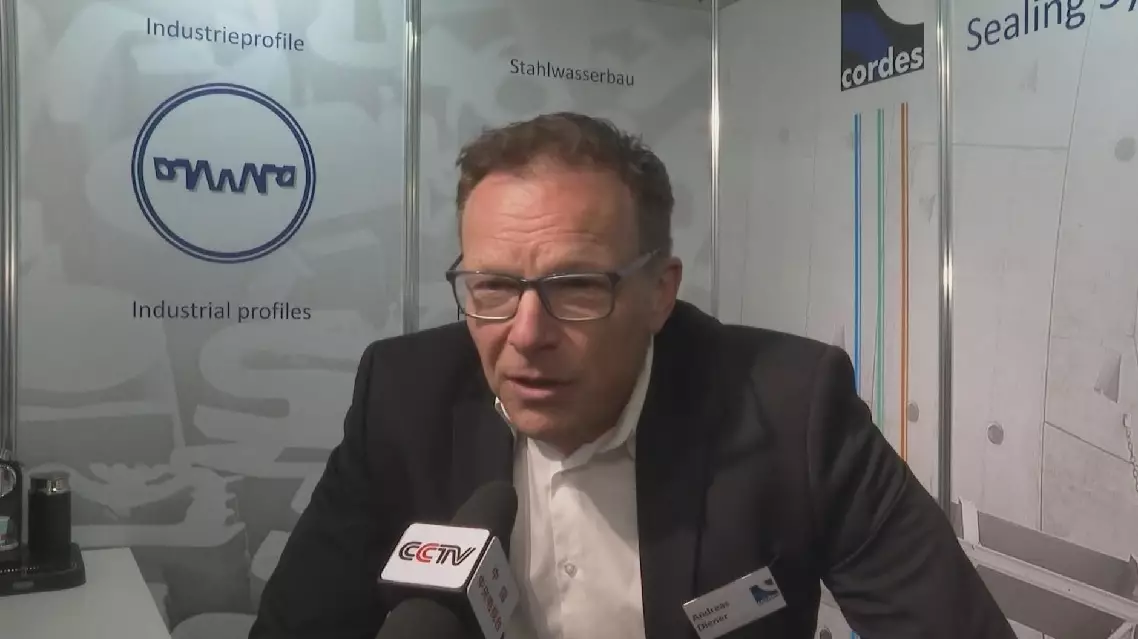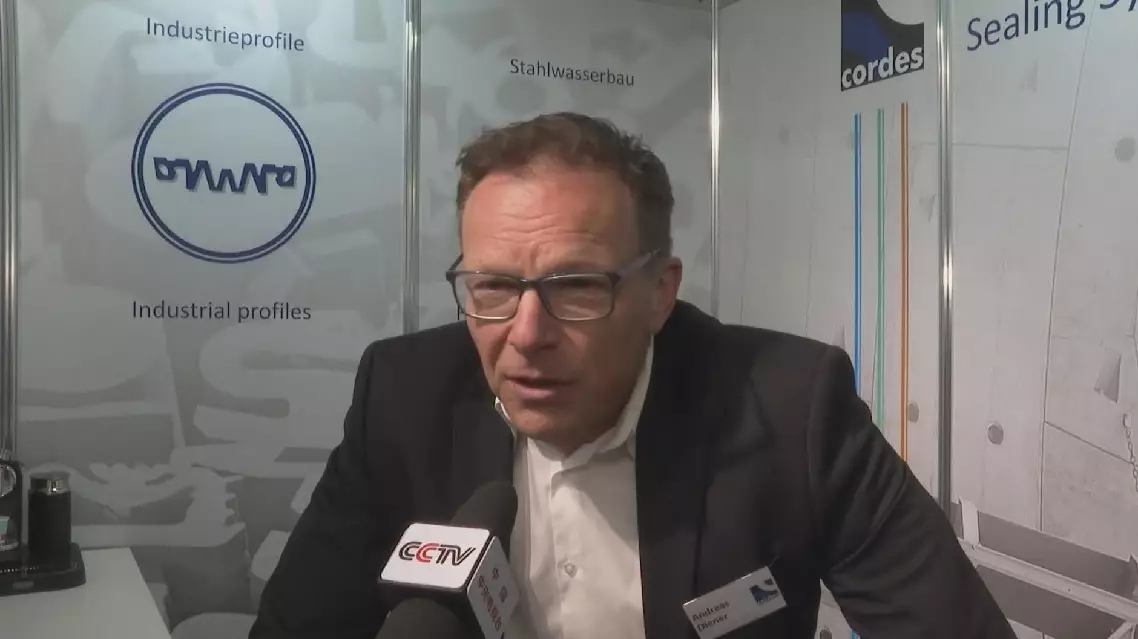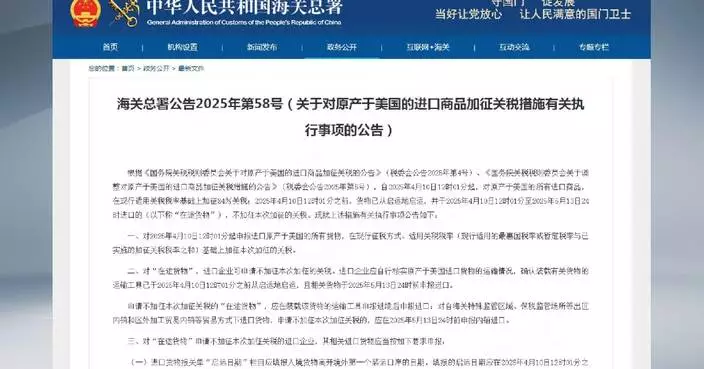Slovakia's auto sector is bracing for a big impact from U.S. President Donald Trump's unprecedented tariffs on imported cars and parts, a move potentially putting thousands of jobs at risk in a country which has been one of Europe's largest exporters of automobiles to the United States.
The Trump administration's long-feared 25-percent tariff on all imported vehicles takes effect on Thursday, and with additional tariffs on auto parts also scheduled, the global auto sector is now expecting to suffer.
The trade measures are bad news for the Bratislava-based Auto-Impex, which has been one of the leading dealers in the Slovakian car business for over three decades. But despite the company's long heritage, CEO Peter Hron says he now sees an uncertain road ahead.
"The industry is going to struggle due to the tariffs, that's for sure. The thing is that we have one of the most productive plants in the European Union. However, it is a huge seismic shift that will go through the whole economy of Slovakia," said Hron.
Despite being a relatively small landlocked country, Slovakia reportedly produces more cars per capita than any other nation in the world, and is one of the European continent's top car exporters to the U.S, with workers assembling the Porsche Cayenne and Audi Q7 in local factories.
However, the U.S. tariffs are likely to pose a major threat to the local workforce. Alexander Matusek, President of the Slovak Automotive Industry Association, warned that up to 20,000 jobs could now be in danger, though he said he is hopeful a solution can be found.
Hron said that auto sales in Slovakia have already slowed down, noting he has seen a more than 25-percent drop in registrations ahead of the tariffs taking effect.
With Slovakia's auto industry accounting for nearly 44 percent of its entire industrial output, economists worry a potential trade war with the United States could have serious consequences.
"I remember the global economic crisis of 2008 and 2009, which was really bad, and cars were not selling. It eventually translated into a more than 5-percent GDP drop. So if something like this happens, it will translate into economic problems," said local economist Tamas Dudas.
Many firms are already taking steps to lessen the impact, and Hron and his team say they are now looking at strengthening other areas of their business to weather the tariff storm.
"The fact is that we are expanding our used car business, which is always the best thing, because people will need cars, but they will go for a lower entry price. We are also introducing new brands which are much more independent and more flexible," he said.

Slovak auto industry braces for big impact from Trump tariffs

Slovak auto industry braces for big impact from Trump tariffs
European industrial leaders and exhibitors at the ongoing Bauma 2025 in Munich voiced mounting concerns over the latest U.S. tariff policies, warning that they could disrupt global supply chains and undermine strategic cooperation.
During the week-long world’s leading trade fair for construction machinery, many industrial insiders pointed out that the newly expanded tariffs encompass an extensive range of products and come with a sharp hike in rates, which are likely to disrupt market dynamics and supply chain resilience in the global engineering machinery industry.
Many analysts believe that the geopolitical considerations behind these policies have become increasingly prominent, further intensifying the strategic uncertainties that European enterprises face in the global market.
"I believe that these tariffs are not good for the market, because at the end it will be bad not only for Europe but also for the State in the long period. I believe that the market should be regulated by innovation, by a nice competition and with competition that is based on the technological race, not with an artificial thing that is coming in the market and is creating problem for all the Europe," said Claudio Ancetti, an Italian expert on construction machinery industry.
The United States market accounts for roughly 10 to 13 percent of Germany’s total exports in recent years, and is one of the largest single export markets for Germany's construction machinery industry. Therefore, the impact of changes in tariff policies on the entire industry is obvious.
Germany's mechanical engineering industry association VDMA has issued a warning, stating that the extensive punitive tariffs imposed by the Trump administration will cause serious damage on both sides of the Atlantic. Not only will they fail to solve the bilateral trade issues, but they will also trigger a spiral confrontation of mutual barriers.
Furthermore, the U.S. manufacturing industry, in several key technological fields, still highly relies on the supply of mechanical equipment from Europe, especially Germany. For decades, German and European machinery manufacturers have been important partners of the U.S. industrial system, but now, this cooperative chain is facing the risk of being artificially severed.
The damage will not only hit European exporters hard but also seriously impede the process of industrial transformation and upgrading in the United States itself.
"The U.S. tariff policies will certainly cause many destructive impacts. It's not a good thing for people. But we are not directly affected. The victims are the U.S. customers. They have to pay these tariffs and additional fees," said Andreas Diener, a German construction machinery supplier.
Industry insiders also noted that tariffs have shifted from being just a basic trade instrument to becoming an important variable in shaping corporate strategy within today’s highly interconnected global industrial chain.
In addition to calling on major economies to return to rationality and enhance multilateral coordination, the companies are attempting to find stable development anchor points amid the uncertainties of the geo-economic situation by accelerating the adjustment of supply chain layout and deepening cross-regional cooperation.

US tariffs threaten transatlantic supply chains: European industry insiders

US tariffs threaten transatlantic supply chains: European industry insiders























































